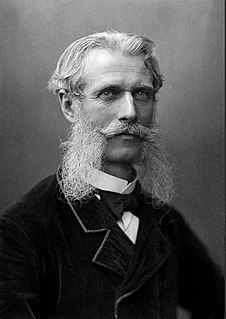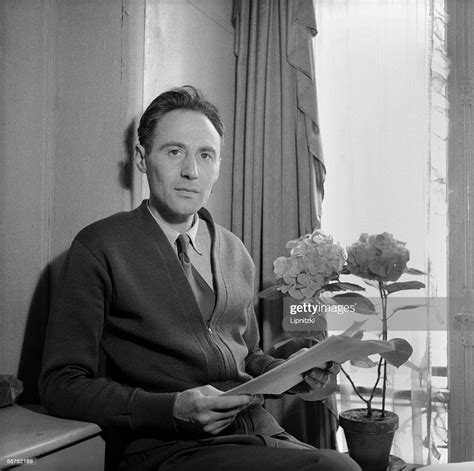A Quote by Mehmet Murat Ildan
Conscience is a great moralist inside us with a stick in its hand. It is a whip of virtue which oppresses us unmercifully when we do wrong.
Related Quotes
The mistake we make is that when we're feeling another person is not treating us in the way that makes us feel secure and loved, we fixate our attention on that person and what's wrong with them. We also fixate on what's wrong with us. Instead, we can bring forward two wings of awareness: the wing of mindfulness (noticing what's going on inside us) and the wing of kindness (compassion to what's going on inside us).
The paths by which people journey toward happiness lie in part through the world about them and in part through the experience of their souls. On the one hand, there is the happiness which comes from wealth, honor, the enjoyment of life, from health, culture, science, or art; and, on the other hand, there is the happiness which is to be found in a good conscience, in virtue, work, philanthropy, religion, devotion to great ideas and great deeds.
I compare the troubles which we have to undergo in the course of the year to a great bundle of sticks, far too large for us to lift. But God does not require us to carry the whole at once. He mercifully unties the bundle, and gives us first one stick, which we are to carry today, and then another, which we are to carry tomorrow, and so on. This we might easily manage, if we would only take the burden appointed for us each day; but we choose to increase our troubles by carrying yesterday's stick over again today, and adding tomorrow's burden to our load, before we are required to bear it.
Many of us have a tendency to forget the Gracious Hand which has preserved our nation, enriched it, strengthened it. Many of us imagine in the foolishness of pride, that our manifold blessings are due not to God's goodness, but to our own wisdom and virtue. Too many of us have been so drunk with self-sufficiency as no longer to feel the need of prayer.
Conscience, the sense of right, the power of perceiving moral distinctions, the power of discerning between justice and injustice, excellence and baseness, is the highest faculty given us by God, the whole foundation of our responsibility, and our sole capacity for religion. ...God, in giving us conscience, has implanted a principle within us which forbids us to prostrate ourselves before mere power, or to offer praise where we do not discover worth.
Belief, thus, in the supernatural, great as are the services which it rendered in the early stages of human development, cannot be considered to be any longer required, either for enabling us to know what is right and wrong in social morality, or for supplying us with motives to do right and to abstain from wrong.
Inside us all are pieces of that which makes the neagitve. Demons are neither good nor bad. Like you, they have many facets. It is that inner essence, or drive, if you will, that we all have that guides us through our lives. Sometimes those voices that drive us are whispered memories that live deep inside and cause us such pain that we have no choice except to let it out and to hurt those around us. But at other times, the voice is love and compassion, and it guides us to a gentler place. In the end, we, alone, must choose what path to walk. No one can help us with it. (Menyara)





































